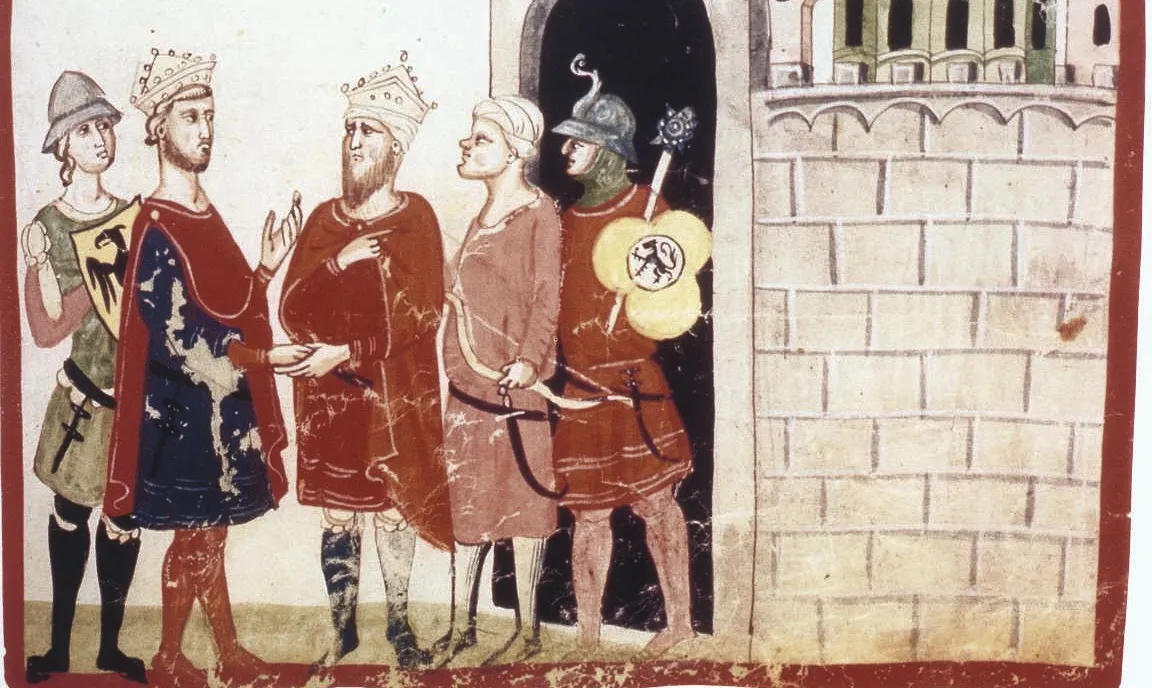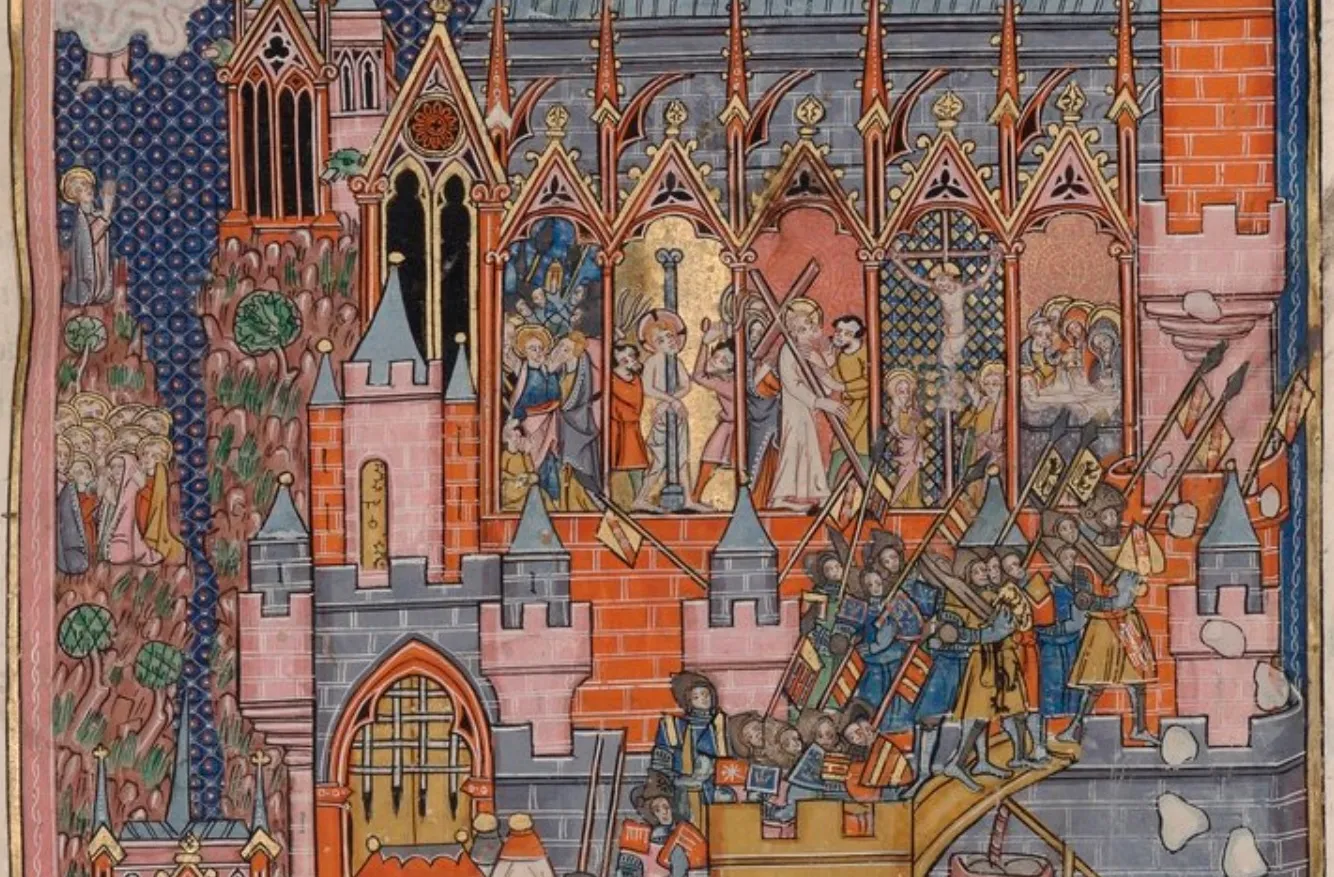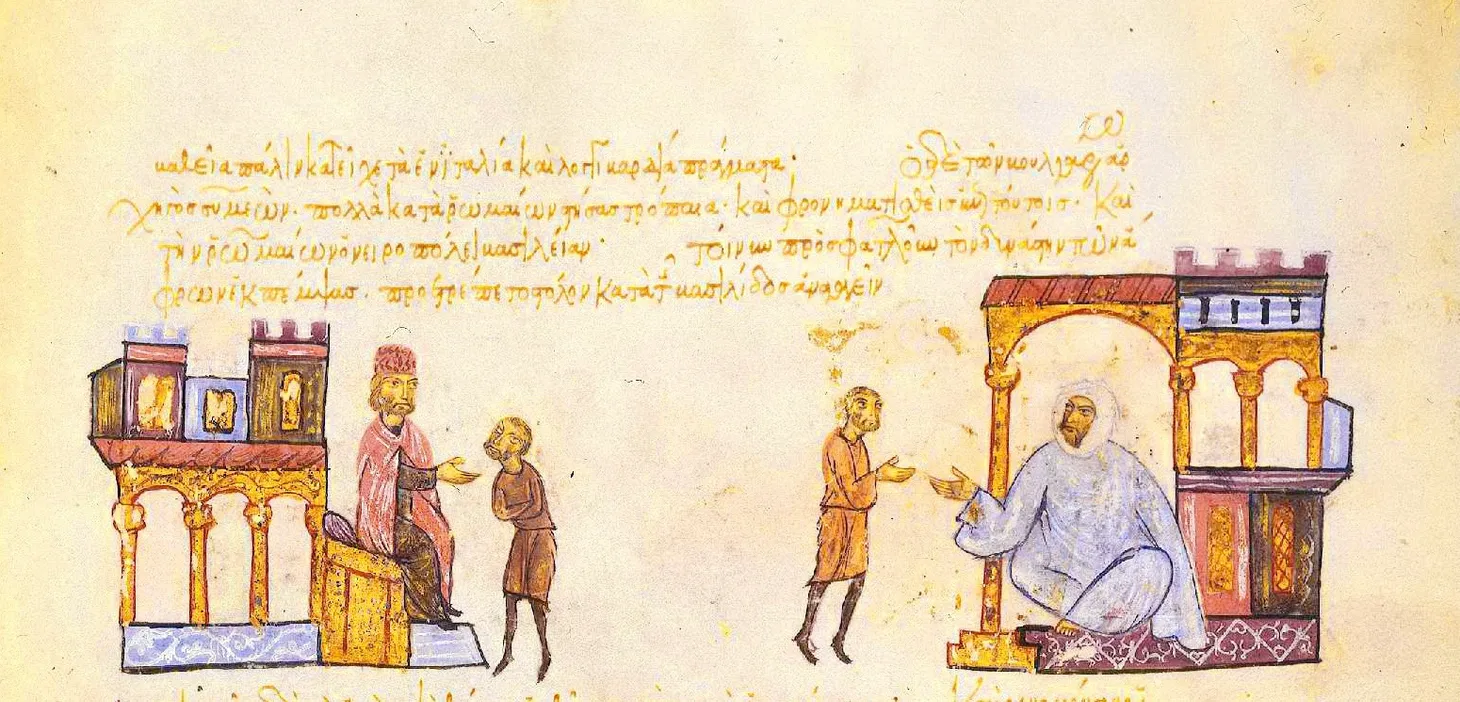“Many Kings and Many Mansas”: Teaching the Politics of the Mali and Songhay Empires, c.1200 - 1591
A discussion of how to teach the political structures of the Mali and Songhay Empires.
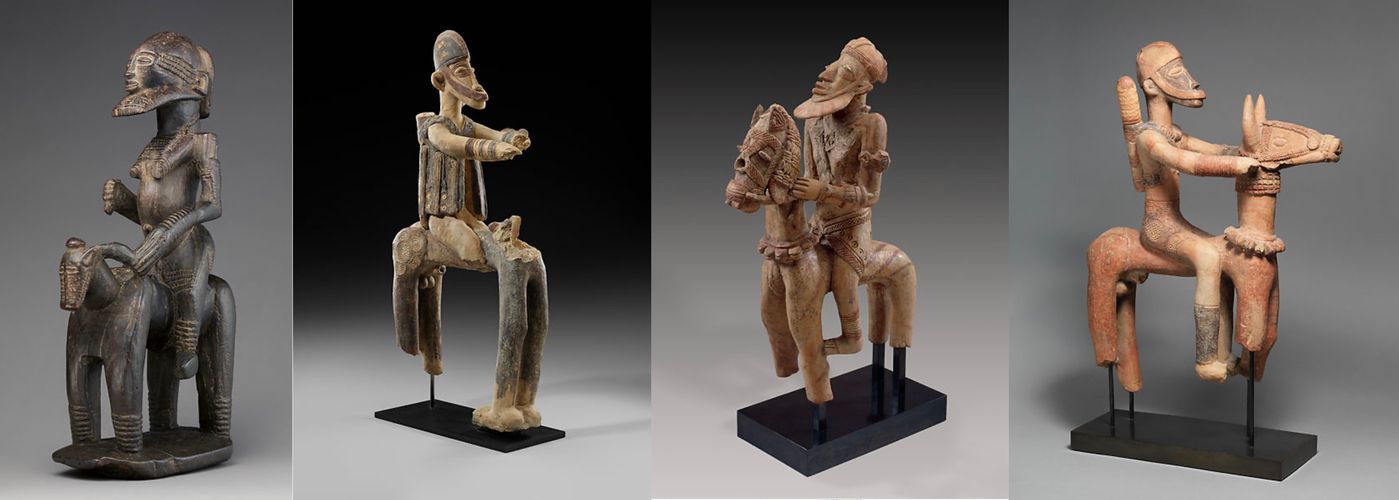
One of the challenges in teaching the politics of any state or society in world history is helping students see the big picture. We may mention different rulers and changes in elected officials, but are these individuals really what we want students to remember? I have often told students that knowing the rulers themselves is less important than understanding the broader political structures in a given region. It won’t matter if students know the reigns of every Mansa in the Mali Empire if they don’t have a sense of how those Mansas governed the empire.
As I discussed in my first post on medieval West Africa between 1200 and 1600, I plan to explore different aspects of this region from the perspective of an imaginary griot. This way, we can consider more West African than Arab or European voices. When considering politics, it becomes a bit challenging since some political structures remained constant for over 400 years while others evolved. Across both the Mali and Songhay empires, the composition of the military remained constant. Over these 400 years, the nature of the emperor evolved, especially concerning the role of Islam.
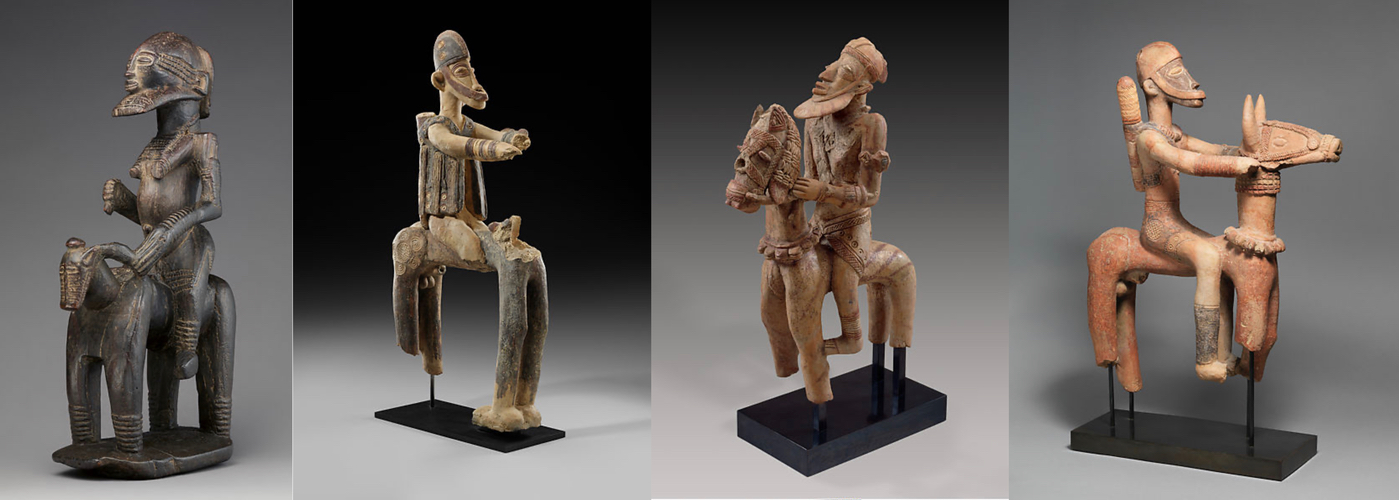
This content is for Paid Members
Unlock full access to Liberating Narratives and see the entire library of members-only content.
SubscribeAlready have an account? Log in

